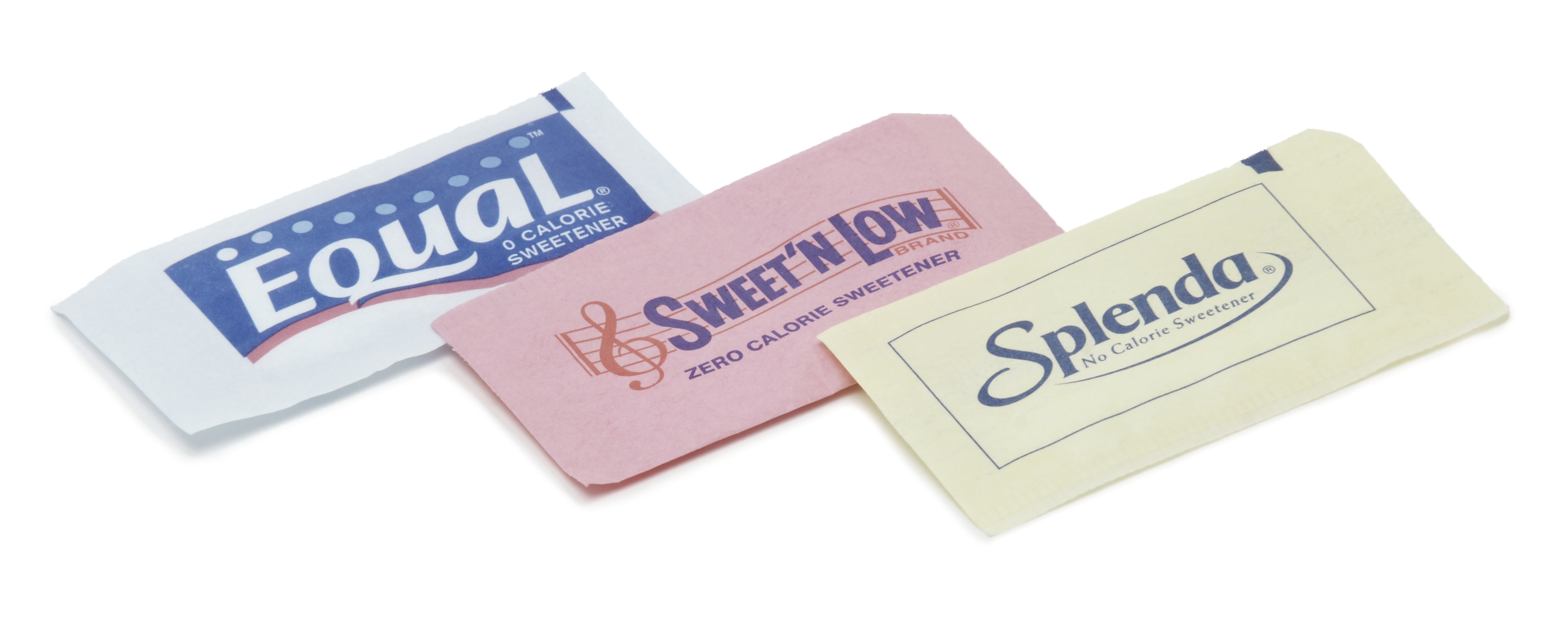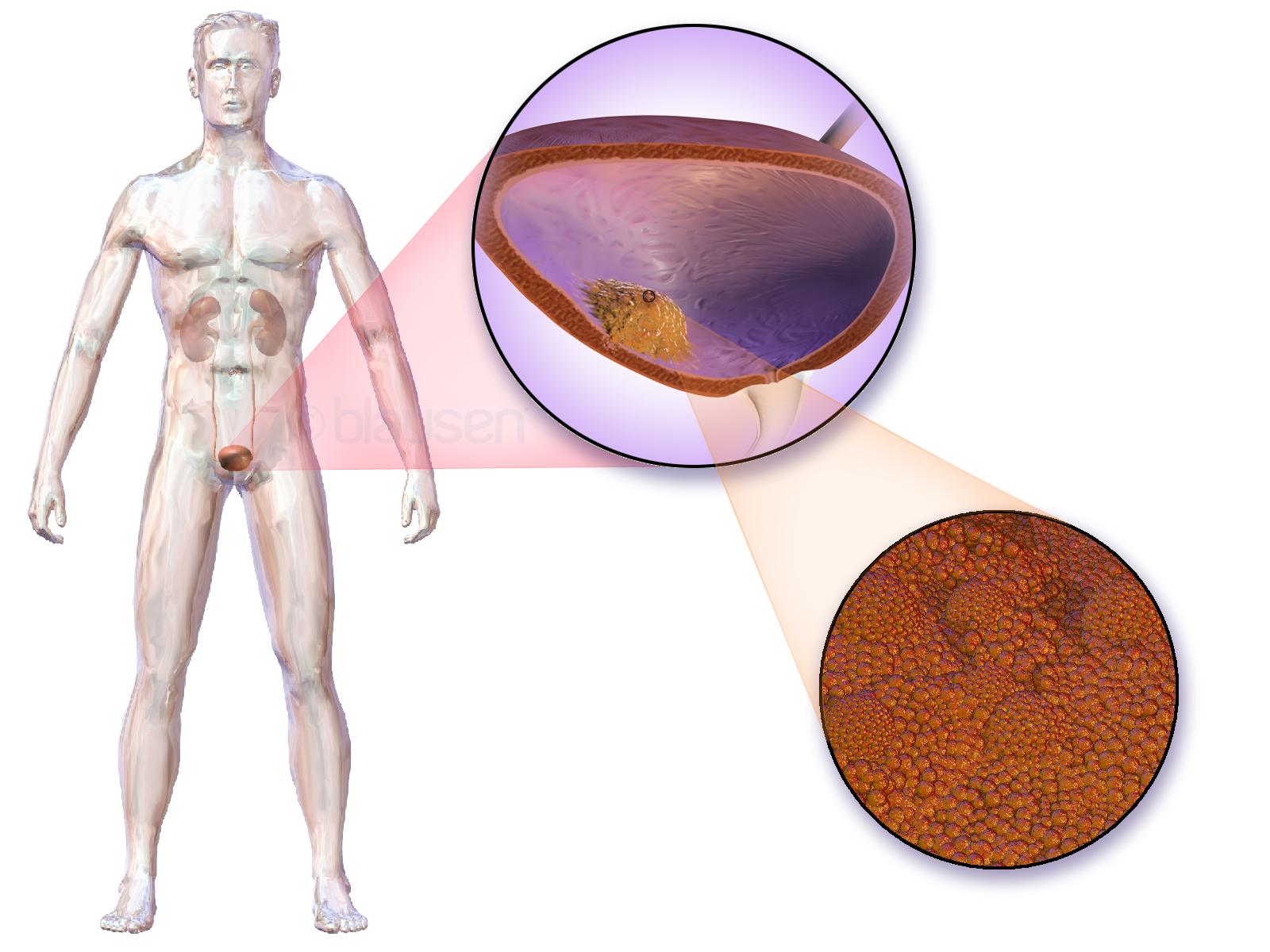|
Sodium Cyclamate
Cyclamate is an artificial sweetener. It is 30–50 times sweeter than sucrose (table sugar), making it the least potent of the commercially used artificial sweeteners. It is often used with other artificial sweeteners, especially saccharin; the mixture of 10 parts cyclamate to 1 part saccharin is common and masks the off-tastes of both sweeteners. It is less expensive than most sweeteners, including sucralose, and is stable under heating. Safety concerns led to it being banned in a few countries, though the European Union considers it safe. Chemistry Cyclamate is the sodium or calcium salt of cyclamic acid (cyclohexanesulfamic acid), which itself is prepared by reacting freebase cyclohexylamine with either sulfamic acid or sulfur trioxide. Prior to 1973, Abbott Laboratories produced sodium cyclamate (Sucaryl) by a mixture of ingredients including the addition of pure sodium (flakes or rods suspended in kerosene) with cyclohexylamine, chilled and filtered through a high ... [...More Info...] [...Related Items...] OR: [Wikipedia] [Google] [Baidu] |
Artificial Sweetener
A sugar substitute is a food additive that provides a sweetness like that of sugar while containing significantly less food energy than sugar-based sweeteners, making it a zero-calorie () or low-calorie sweetener. Artificial sweeteners may be derived through manufacturing of plant extracts or processed by chemical synthesis. Sugar substitute products are commercially available in various forms, such as small pills, powders, and packets. In North America, common sugar substitutes include aspartame, monk fruit extract, saccharin, sucralose, and stevia; cyclamate is also used outside the United States. These sweeteners are a fundamental ingredient in diet drinks to sweeten them without adding calories. Additionally, sugar alcohols such as erythritol, xylitol, and sorbitol are derived from sugars. Approved artificial sweeteners do not cause cancer. Reviews and dietetic professionals have concluded that moderate use of non-nutritive sweeteners as a safe replacement for sugars can ... [...More Info...] [...Related Items...] OR: [Wikipedia] [Google] [Baidu] |
DuPont
DuPont de Nemours, Inc., commonly shortened to DuPont, is an American multinational chemical company first formed in 1802 by French-American chemist and industrialist Éleuthère Irénée du Pont de Nemours. The company played a major role in the development of Delaware and first arose as a major supplier of gunpowder. DuPont developed many polymers such as Vespel, neoprene, nylon, Corian, Teflon, Mylar, Kapton, Kevlar, Zemdrain, M5 fiber, Nomex, Tyvek, Sorona, Corfam and Lycra in the 20th century, and its scientists developed many chemicals, most notably Freon (chlorofluorocarbons), for the refrigerant industry. It also developed synthetic pigments and paints including ChromaFlair. In 2015, DuPont and the Dow Chemical Company agreed to a reorganization plan in which the two companies would merge and split into three. As a merged entity, DuPont simultaneously acquired Dow and renamed itself to DowDuPont on August 31, 2017, and after 18 months spin off the merged entity' ... [...More Info...] [...Related Items...] OR: [Wikipedia] [Google] [Baidu] |
Carcinogen
A carcinogen is any substance, radionuclide, or radiation that promotes carcinogenesis (the formation of cancer). This may be due to the ability to damage the genome or to the disruption of cellular metabolic processes. Several radioactive substances are considered carcinogens, but their carcinogenic activity is attributed to the radiation, for example gamma rays and alpha particles, which they emit. Common examples of non-radioactive carcinogens are inhaled asbestos, certain dioxins, and tobacco smoke. Although the public generally associates carcinogenicity with synthetic chemicals, it is equally likely to arise from both natural and synthetic substances. Carcinogens are not necessarily immediately toxic; thus, their effect can be insidious. Carcinogens, as mentioned, are agents in the environment capable of contributing to cancer growth. Carcinogens can be categorized into two different types: activation-dependent and activation-independent, and each nature impacts their level ... [...More Info...] [...Related Items...] OR: [Wikipedia] [Google] [Baidu] |
Lobbying
In politics, lobbying, persuasion or interest representation is the act of lawfully attempting to influence the actions, policies, or decisions of government officials, most often legislators or members of regulatory agency, regulatory agencies. Lobbying, which usually involves direct, face-to-face contact, is done by many types of people, associations and organized groups, including individuals in the private sector, corporations, fellow legislators or government officials, or advocacy groups (interest groups). Lobbyists may be among a legislator's Electoral district, constituencies, meaning a Voting, voter or Voting bloc, bloc of voters within their electoral district; they may engage in lobbying as a business. Professional lobbyists are people whose business is trying to influence legislation, regulation, or other government decisions, actions, or policies on behalf of a group or individual who hires them. Individuals and nonprofit organizations can also lobby as an act of vo ... [...More Info...] [...Related Items...] OR: [Wikipedia] [Google] [Baidu] |
Calorie Control Council
The calorie is a unit of energy. For historical reasons, two main definitions of "calorie" are in wide use. The large calorie, food calorie, or kilogram calorie was originally defined as the amount of heat needed to raise the temperature of one kilogram of water by one degree Celsius (or one kelvin). The small calorie or gram calorie was defined as the amount of heat needed to cause the same increase in one gram of water. Thus, 1 large calorie is equal to 1000 small calories. In nutrition and food science, the term ''calorie'' and the symbol ''cal'' almost always refers to the large unit. It is generally used in publications and package labels to express the energy value of foods in per serving or per weight, recommended dietary caloric intake, metabolic rates, etc. Some authors recommend the spelling ''Calorie'' and the symbol ''Cal'' (both with a capital C) to avoid confusion; however, this convention is often ignored. In physics and chemistry the word ''calorie'' and i ... [...More Info...] [...Related Items...] OR: [Wikipedia] [Google] [Baidu] |
Jere Goyan
Jere E. Goyan (August 3, 1930 – January 17, 2007) was an American pharmacist who served as Commissioner of Food and Drugs from 1979 to 1981. He died on January 17, 2007, in Houston, Texas Texas (, ; Spanish language, Spanish: ''Texas'', ''Tejas'') is a state in the South Central United States, South Central region of the United States. At 268,596 square miles (695,662 km2), and with more than 29.1 million residents in 2 ... at age 76. References 1930 births 2007 deaths American pharmacists Commissioners of the Food and Drug Administration Carter administration personnel Members of the National Academy of Medicine {{US-gov-bio-stub ... [...More Info...] [...Related Items...] OR: [Wikipedia] [Google] [Baidu] |
Herbert L
Herbert may refer to: People Individuals * Herbert (musician), a pseudonym of Matthew Herbert Name * Herbert (given name) * Herbert (surname) Places Antarctica * Herbert Mountains, Coats Land * Herbert Sound, Graham Land Australia * Herbert, Northern Territory, a rural locality * Herbert, South Australia. former government town * Division of Herbert, an electoral district in Queensland * Herbert River, a river in Queensland * County of Herbert, a cadastral unit in South Australia Canada * Herbert, Saskatchewan, Canada, a town * Herbert Road, St. Albert, Canada New Zealand * Herbert, New Zealand, a town * Mount Herbert (New Zealand) United States * Herbert, Illinois, an unincorporated community * Herbert, Michigan, a former settlement * Herbert Creek, a stream in South Dakota * Herbert Island, Alaska Arts, entertainment, and media Fictional entities * Herbert (Disney character) * Herbert Pocket (''Great Expectations'' character), Pip's close friend and roommate in the Cha ... [...More Info...] [...Related Items...] OR: [Wikipedia] [Google] [Baidu] |
Robert Finch (American Politician)
Robert Hutchinson Finch (October 9, 1925 – October 10, 1995) was a Republican politician from La Canada Flintridge, California. In 1967, he served as the 38th Lieutenant Governor of California. Following Richard Nixon's presidential campaign in 1968, he was appointed Secretary of Health, Education, and Welfare in 1969. He was the Counselor to the President from 1970 until 1972. During the 1976 California United States Senate election, he lost in the Republican primary to S.I. Hayakawa. Early life and education Finch was born in Tempe, Arizona. He was the son of Robert L. Finch, a member of the Arizona House of Representatives, and his wife, Gladys Hutchinson. Finch was enlisted in the Marine Corps during World War II. He married the former Carol Crothers on February 14, 1946; they had three daughters and one son: Maureen F. Shaw, Kevin Finch, Priscilla Finch and Cathleen F. Morser. After serving in the Marines briefly during World War II, Finch entered Occidental College i ... [...More Info...] [...Related Items...] OR: [Wikipedia] [Google] [Baidu] |
United States Department Of Health And Human Services
The United States Department of Health and Human Services (HHS) is a cabinet-level executive branch department of the U.S. federal government created to protect the health of all Americans and providing essential human services. Its motto is "Improving the health, safety, and well-being of America". Before the separate federal Department of Education was created in 1979, it was called the Department of Health, Education, and Welfare (HEW). HHS is administered by the Secretary of Health and Human Services, who is appointed by the president with the advice and consent of the United States Senate. The position is currently held by Xavier Becerra. The United States Public Health Service Commissioned Corps, the uniformed service of the PHS, is led by the Surgeon General who is responsible for addressing matters concerning public health as authorized by the secretary or by the assistant secretary for Health in addition to his or her primary mission of administering the Commission ... [...More Info...] [...Related Items...] OR: [Wikipedia] [Google] [Baidu] |
Bladder Cancer
Bladder cancer is any of several types of cancer arising from the tissues of the urinary bladder. Symptoms include blood in the urine, pain with urination, and low back pain. It is caused when epithelial cells that line the bladder become malignant. Risk factors for bladder cancer include smoking, family history, prior radiation therapy, frequent bladder infections, and exposure to certain chemicals. The most common type is transitional cell carcinoma. Other types include squamous cell carcinoma and adenocarcinoma. Diagnosis is typically by cystoscopy with tissue biopsies. Staging of the cancer is determined by transurethral resection and medical imaging. Treatment depends on the stage of the cancer. It may include some combination of surgery, radiation therapy, chemotherapy, or immunotherapy. Surgical options may include transurethral resection, partial or complete removal of the bladder, or urinary diversion. The typical five-year survival rates in the United States i ... [...More Info...] [...Related Items...] OR: [Wikipedia] [Google] [Baidu] |
Food And Drug Administration
The United States Food and Drug Administration (FDA or US FDA) is a List of United States federal agencies, federal agency of the United States Department of Health and Human Services, Department of Health and Human Services. The FDA is responsible for protecting and promoting public health through the control and supervision of food safety, tobacco products, caffeine products, dietary supplements, Prescription drug, prescription and Over-the-counter drug, over-the-counter pharmaceutical drugs (medications), vaccines, biopharmaceuticals, blood transfusions, medical devices, electromagnetic radiation emitting devices (ERED), cosmetics, Animal feed, animal foods & feed and Veterinary medicine, veterinary products. The FDA's primary focus is enforcement of the Federal Food, Drug, and Cosmetic Act (FD&C), but the agency also enforces other laws, notably Section 361 of the Public Health Service Act, as well as associated regulations. Much of this regulatory-enforcement work is not d ... [...More Info...] [...Related Items...] OR: [Wikipedia] [Google] [Baidu] |







.jpg)